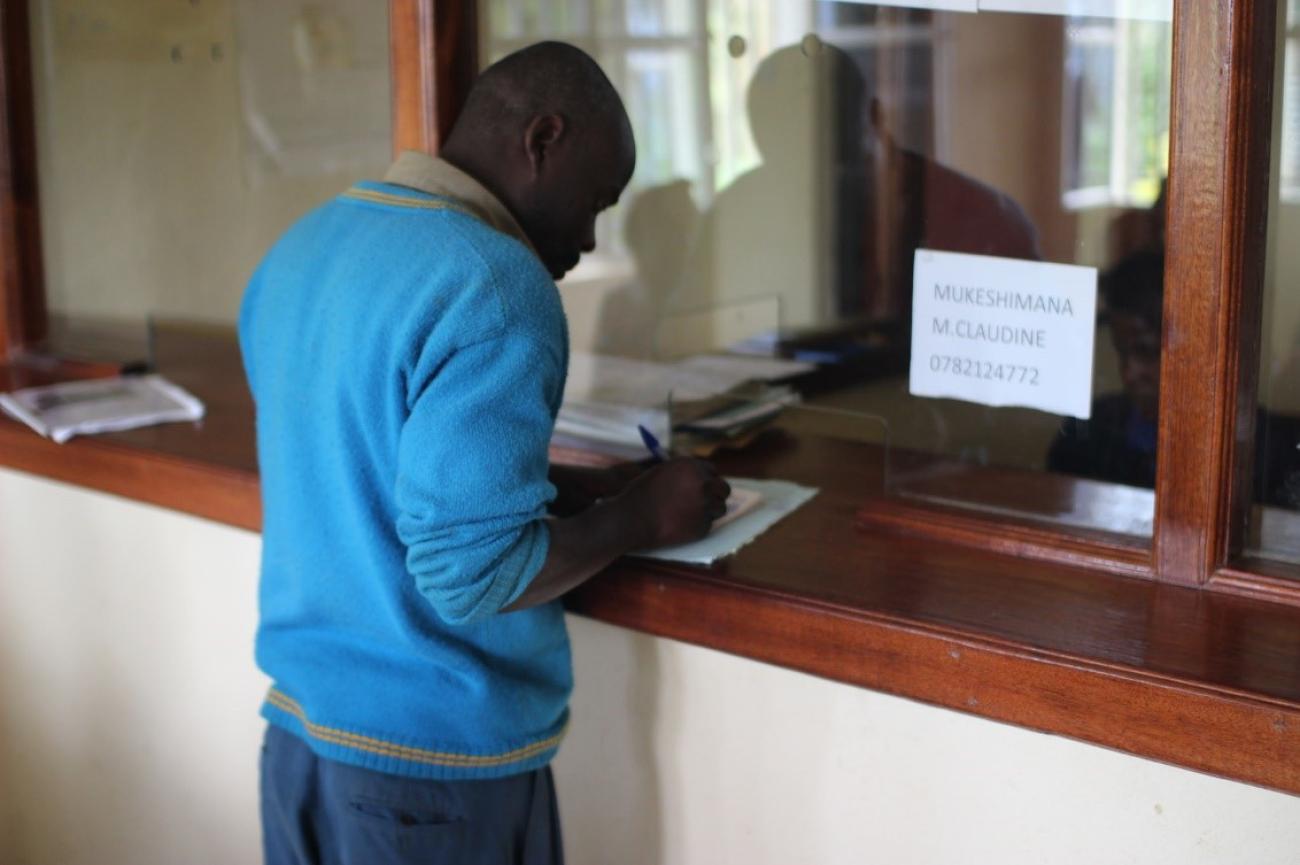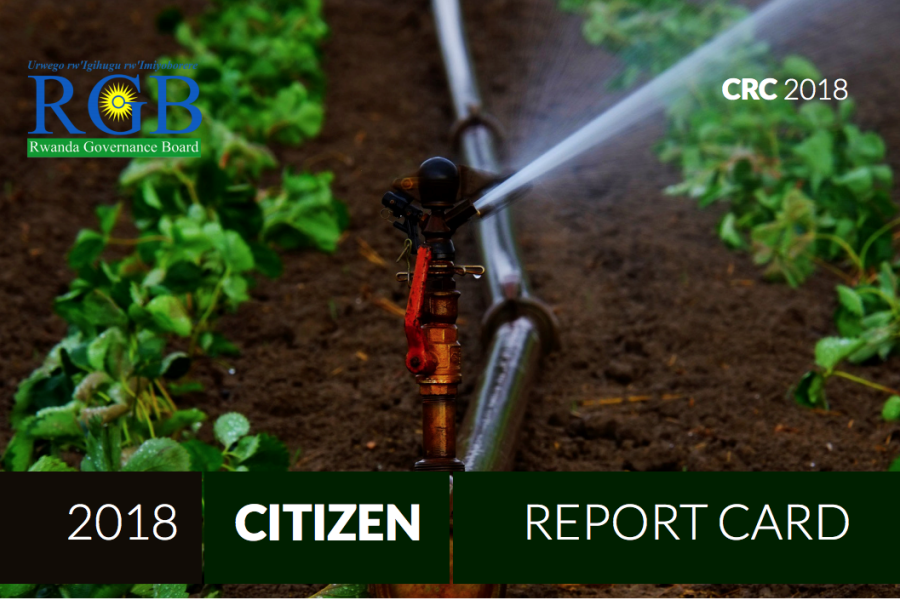Promoting accountability and citizen-centered development

This article is taken from the newsletter of the Embassy of Belgium in Rwanda.
What is CRC?
To ensure inclusive governance, the voice of the people is required to inform planning, budgeting and policy making.
Considering the importance of service delivery for development at all levels, the Citizen Report Card (CRC) was introduced in 2010 to collect citizen’s feedback and assessment of the various services provided by local governments. It serves as a powerful tool for quality assurance and evaluation of whether service providers are fulfilling the commitments in their service charters.
The outcome is used to assess progress made and to identify areas for improvement.
The CRC is produced annually by the Rwanda Governance Board (RGB), the primary-data survey for which involves questionnaires to interview individual heads of households as well as community focus group discussions, including of service beneficiaries and service providers.
The CRC is not only a source of data but it contributes to local and national development processes. Specifically, it brings together all stakeholders to jointly review the district performance and, through that forum, hold accountable all parties involved in delivering services including civil society, the private sector, faith-based organizations and development partners as well as the public sector operating in that district. It helps to reinforce adhesion of stakeholders to the district development strategy and it informs their planning and prioritization processes.
The CRC has also helped to instill a desire for high standards and even some competitiveness between districts, whose performance is now highlighted publicly. Of note, performance on the district service delivery targets set for each district accounts for 10% of the scores in the Imihigo (performance contracts for local officials). A key message which has come out of the CRC is that local governments must put stronger emphasis on implementing the District Development Strategies with a particular focus on the economic sector in order to reduce poverty and promote self-reliance.

UNDP promotes sustainable development by ensuring that the economic, social and environmental sectors are given due attention in planning, budgeting and implementation processes. As the CRC cuts across all these sectors and focuses on citizen input in development processes, it remains an important area of intervention for the UNDP Rwanda Country Programme 2018-2023.
Furthermore, the Citizen Report Card improves the level of understanding of citizens regarding their rights and obligations to demand and access quality services, hold accountable relevant duty bearers and ensure citizen centered development.
Rights holders are empowered to not only enjoy their basic rights but also exercise all the other civil, economic, social and political rights.
UNDP will also support research by non-state actors particularly in the area of governance to further promote evidence-based planning and policy making but also deepening accountability at all levels and stimulating continued policy dialogue and strategic engagement between all stakeholders - both rights holders as well as duty bearers.
Under its new 5-year programme cycle, UNDP will work closely with national partners to further promote inclusive governance with a key emphasis on leaving no one behind. Specific measures will be taken to ensure that the voices of those at high risk of being left behind -including people with disabilities, people living in the poorest districts and, in some cases, women and youth - are better considered in development planning processes.








